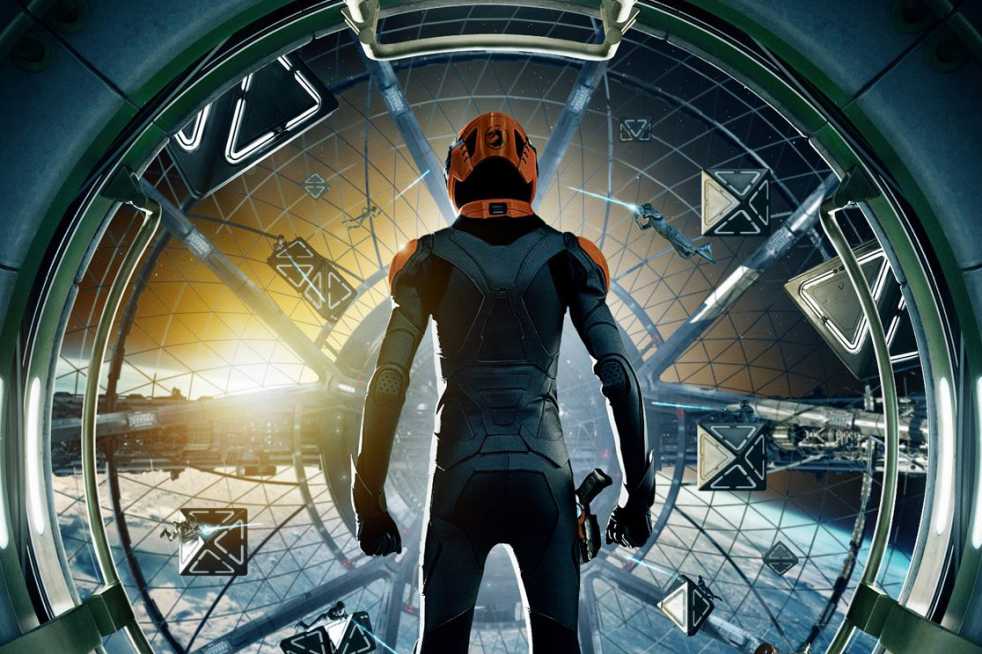Ender’s Game, a film released this past week based off Orson Scott Card’s futuristic sci-fi book of the same name, is okay, and that may be the worst part. It just seems like such a shame because it had the set up to be a good movie—a good cast, great effects and a solid premise—but it squanders it with bad pacing, anti-climactic tension and weak stakes. The mediocrity is just bewildering.
However, there are several things that this movie does well. Asa Butterfield (Hugo) does a good job as the genius-level strategist and titular teenager Ender, and the rest of the cast is solid as well. The actions scenes are pretty fun, and most of the characters are likable. Overall, Ender’s Game is entertaining, but the problem is that it loses substance as its plot progresses.
Basically, the movie is never as thought provoking as the book. The reason for this is that the movie never hits on the deep issues analyzed in the book. The book is full of the emotions, motives and character development surrounding an alien threat against Earth, while the movie is more concerned with just connecting a series of events. The movie stays too concerned with what happens and not on why it happens, which is what makes up the ethical questions in the original story.
Throughout the entire story, Ender is experiencing emotional dilemmas, but the movie never deeply addresses them. Things like his tumultuous relationship with his brother are mentioned to the point that the audience knows that the problem exists, but the issue seems to end there. The characters just never get the treatment they deserve. They are never given the full development needed to make them dynamic; they are likable, but flat.
The ethical issues that defined the original book are brushed over in a similar fashion, or just never brought up at all. Questions about essentially having a child army and destroying an entire alien species seem to get brought up only to be swept back under the rug.
Another problem is that the stakes are just foggy. It is never really quite clear what everyone on Earth is fighting for. This goes back to how the motivations are not discussed thoroughly enough. The action scenes do not hold enough tension because it is never clear what the stakes are in the situation. Consequently, it is difficult for the audience to become invested in the plot.
In the end, the devil is in the details. Many of the general things are fine, but there are some details that do not work. To begin with, many of the characters are not believable in their role; this is not really a problem with acting as much as a problem with characterization.
The most prominent example of this fault is the film’s unconvincing military aspect. Like critic Mark Ramsey put it, “Harrison Ford looks less likely to chase aliens and more likely to chase those young whippersnappers off his lawn.” Essentially, the military programs depicted in the film are simply weak. It seems like the writers thought that they could just make characters yell and throw in a few curse words and it would seem like military boot camp. In the end, however, viewers get less Full Metal Jacket and more Boy Scouts.
Additionally, when the time comes, the film just ends abruptly. The movie never gives any solid resolutions, and characters are seemingly left in a state of unsatisfying, unresolved limbo.
In a way, Ender’s Game works as a movie, but largely fails as a book adaptation. It manages to string together the events and narrative of the story, but it never brings in the emotion or questions. The film does well to entertain, but not to represent its source material.
